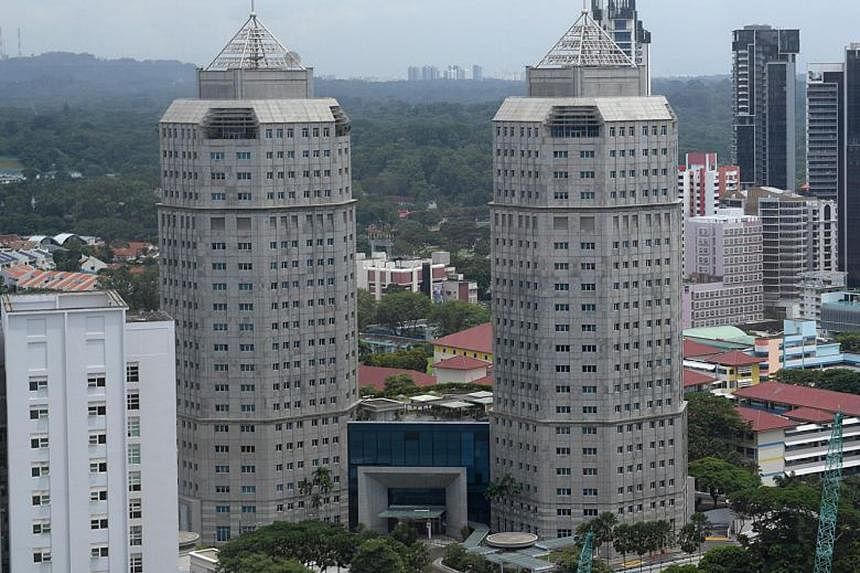SINGAPORE – On Feb 2, the Ministry of Home Affairs (MHA) said it intended to designate a naturalised Singapore citizen as a politically significant person or PSP under the Foreign Interference (Countermeasures) Act (Fica).
Mr Philip Chan Man Ping, 59, was served a notice on the same day informing him of the intended designation by the Registrar of Foreign and Political Disclosures.
The Straits Times recaps what Fica entails, and what it means to be a PSP.
Q: What is Fica?
A: Fica is a law to strengthen the Government’s ability to prevent, detect and disrupt covert attempts by foreign entities to interfere in Singapore’s politics.
These include artificially amplifying certain views to manipulate public opinion on hot-button issues, stir up discord, or undermine confidence in institutions.
The law also aims to counteract subversion and influence operations through the use of local proxies.
Passed in Parliament in October 2021, Fica’s provisions came into full force on Dec 29, 2023.
Q: Who does the law affect?
A: The law is meant to counter foreign entities believed to be carrying out hostile information campaigns here, including state actors.
It does not target Singaporeans or other local entities that express their views, unless they are being used by foreign entities as proxies for interference, said MHA.
To safeguard domestic politics, the law applies to two categories of people and organisations: defined PSPs and designated PSPs.
Q: Who is a ‘defined’ or ‘designated’ PSP?
A: As they are directly involved in Singapore’s political processes, political parties, political office holders and MPs – including Non-Constituency MPs and Nominated MPs – come under the category of defined PSPs. This group also includes the Leader of the Opposition, election candidates and their election agents, and central executive committee members of political parties.
A person or group can become designated PSPs if the authorities assess that their activities are directed towards a political end, and that it is in the public interest that they be subjected to Fica’s measures to mitigate the risk of foreign interference.
Q: Why these particular groups?
A: There has been a slew of examples in recent years of countries attempting to subvert other countries, helped by modern technology and communication tools, Law and Home Affairs Minister K. Shanmugam said in Parliament on Oct 4, 2021, at the second reading of the Bill.
The examples he cited of influence operations included a former Australian senator, who in 2017 was found to have received donations from a source with ties to the Chinese government. He then advocated China’s position on the South China Sea.
In another case, a chairman of a European Union foreign friendship group received kickbacks from a foreign government and later voiced support for its policies.
Mr Shanmugam noted that this has also happened in Singapore, highlighting the case of academic Huang Jing.
In 2017, Dr Huang had his permanent residency cancelled for collaborating with foreign intelligence agents. “It was an attempt to influence senior decision-makers in Government,” said Mr Shanmugam.
Q: What are designated and defined PSPs subjected to?
A: Defined PSPs face more stringent countermeasures. These include being required to report single donations of $10,000, and being prohibited from receiving donations from foreigners.
Defined PSPs must also maintain a separate bank account to receive political donations, and are prohibited from accepting any volunteer labour or services provided by foreigners.
Designated PSPs need only to disclose political donations and foreign affiliations. However, the authority can subject them to the same requirements faced by defined PSPs if there is a higher risk of foreign interference.
Q: Can a person or organisation challenge their designation as a PSP?
A: An appeal can be put to the Home Affairs Minister, who may consult an advisory committee when he hears appeals regarding Fica designations and directives.
Q: Can Singapore citizens participate in foreign political or legislative bodies?
A: Yes, but they will have to declare their involvement. Those who have been members of such organisations before Feb 1, 2024, will have to declare their involvement by March 1, 2024.
Those who join such organisations after Feb 1 must make a declaration to the authorities on their involvement within one month of joining.


